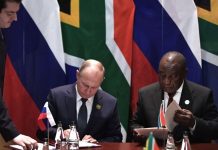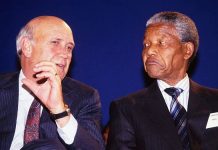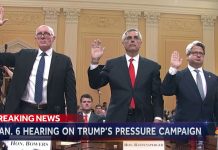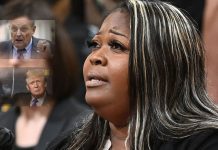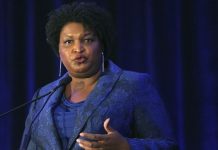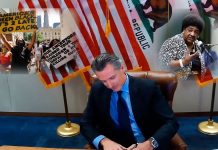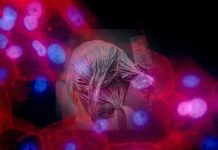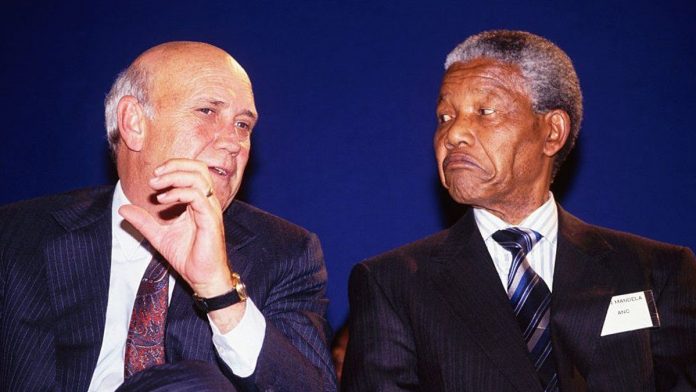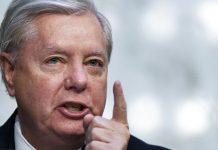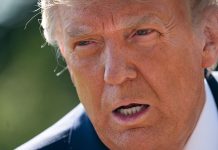FW de Klerk, the former president of South Africa and the last white person to lead the country, has died at the age of 85.
De Klerk, who was also a key figure in the transition to democracy, had been diagnosed with cancer this year.
He was head of state between September 1989 and May 1994.
In 1990, he ordered Nelson Mandela’s release from prison, leading to historic elections that brought the anti-apartheid leader to power.
De Klerk shared the Nobel Peace Prize with Mandela for helping to negotiate an end to apartheid. But his legacy divides opinion in South Africa.
A statement from the former president’s FW de Klerk Foundation on Thursday said that he died peacefully at his home in Cape Town following his struggle against mesothelioma – a cancer that affects the lining of the lungs.
Ending apartheid
The former president was born in March 1936 in Johannesburg, into a line of Afrikaner National Party politicians.
He worked as a lawyer and served in a series of ministerial posts before taking over from PW Botha as the head of the National Party in February 1989, and months later becoming president.
In a famous speech to parliament the following year, he announced that he was removing the ban on parties that included Mandela’s African National Congress (ANC).
He also announced that Mandela would be released from prison after 27 years.
His actions helped bring an end to apartheid-era South Africa, and he became one of the country’s two deputy presidents after the multi-party elections in 1994 that saw Mandela become president.
He retired from politics in 1997, saying: “I am resigning because I am convinced it is in the best interest of the party and the country.”
Ending apartheid
The former president was born in March 1936 in Johannesburg, into a line of Afrikaner National Party politicians.
He worked as a lawyer and served in a series of ministerial posts before taking over from PW Botha as the head of the National Party in February 1989, and months later becoming president.
In a famous speech to parliament the following year, he announced that he was removing the ban on parties that included Mandela’s African National Congress (ANC).
He also announced that Mandela would be released from prison after 27 years.
His actions helped bring an end to apartheid-era South Africa, and he became one of the country’s two deputy presidents after the multi-party elections in 1994 that saw Mandela become president.
He retired from politics in 1997, saying: “I am resigning because I am convinced it is in the best interest of the party and the country.” ![]()
SOURCE ⇒ BBC



